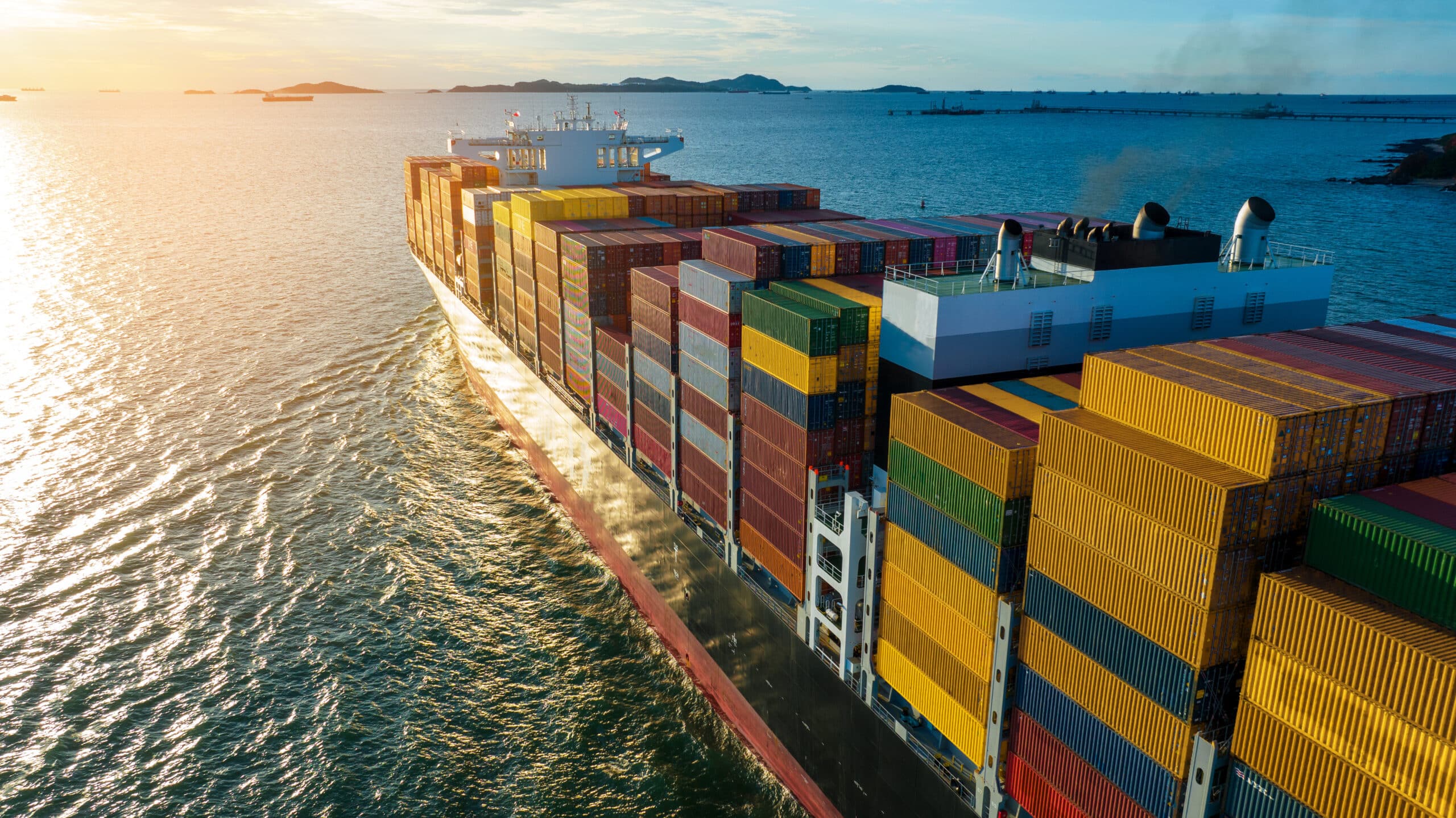Poor preparation can mean the difference between success and failure, so do your homework to keep those inevitable costs to a minimum.
But remember, it takes money to make money – and there are numerous outlays involved when you’re starting out.
Here’s a guide for some of the essential costs, which can vary greatly depending on your business needs. Make sure you get firm quotes.
- Before you jump in, the first cost to consider is a training and/or awareness course about what you’re getting yourself into – and your responsibilities as a sole trader or company director. Government departments, TAFEs and bodies such as the Australian Institute of Management excel in such courses and allow you to focus on the potential of the task at hand.
- The next step is a business plan that clearly defines the way forward. A trip to your accountant or solicitor would be a good investment to make sure you’re aware of the pitfalls that lay ahead.
- Covering your backside is a must when it comes to sailing through unchartered waters, so insurance is an essential start-up cost. Depending on what sort of business you’re entering into, the cost can wildly vary.
- Creating and then registering your business with ASIC incurs a cost, as do any licences and permits that you may need to operate. Your business would also need a website, with its own domain name, along with its own brand that covers letterheads, brochures, business cards and signage.
- Are you going to run your business from home or does it demand an office, workshop or shopfront? There’s a lease agreement to consider – your new digs might need a lick of paint and a fit-out – and then there’s desks, tables, cash registers, kitchens, cabinets, stationery and other office supplies, telephone landlines, Wi-Fi, electricity, water.
- On the financial side of things, working capital is a must to get things up and running.
- And then there’s the most important ingredient to any successful business – its people. Wages, superannuation payments, worker’s compensation, uniforms, tools, health and safety (alarms, first aid kits, extinguishers, etc.) – the list is endless and very expensive. Again, depending on size, this could be your biggest or smallest expense.












